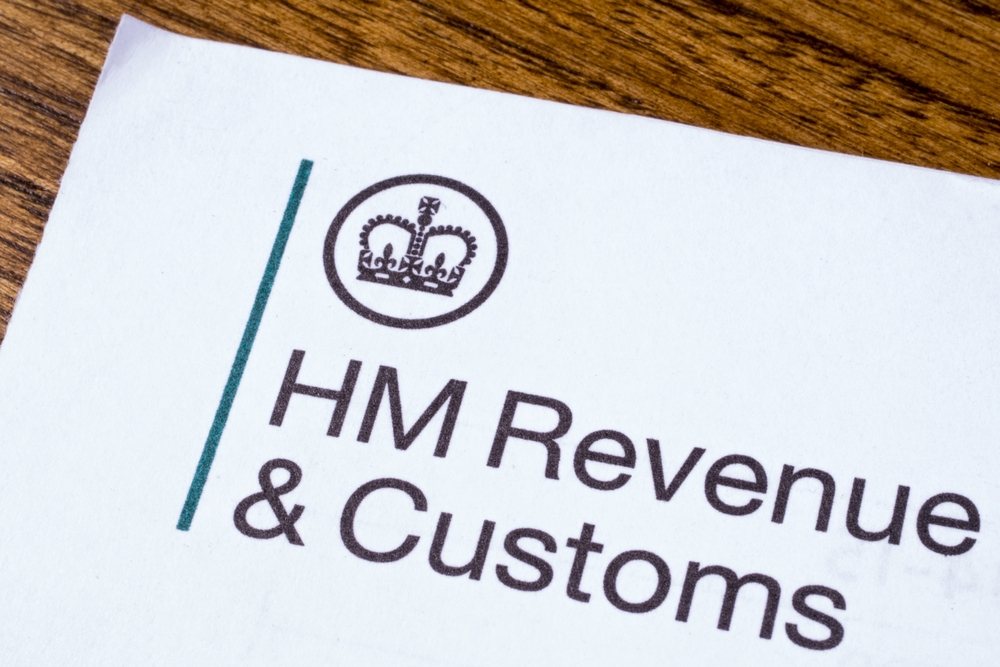In April, changes to off-payroll or IR35 legislation will address the risks of overpayments to HMRC through incorrect worker status determinations. Writing for Personnel Today, Matthew Greene and Guy Bud explained how the changes could make using contractors less risky for businesses.
New rules that come into force from April 2024 could have a major impact on medium and large corporates who engage workers via so-called personal service companies. The off-payroll or IR35 working rules rolled out in 2021 were intended to make the end user, rather than a contractor, potentially liable for unpaid taxes. But these arguably worked too well, allowing HMRC to recover more tax than due and pushing some businesses to put all contractors on their payroll.
In April 2023, it proposed changes to address these overpayments, and these come into force from 6 April this year.
Aims of IR35
At its core, the intermediaries or IR35 regime is intended to deal with the fiscal distortion that results from the differing tax rates applicable to employees and self-employed individual contractors working on otherwise identical terms who provide services through their own company. It has been in place in some form since 2000.
The contractor is typically the sole shareholder and director of the company, which is often referred to as a “personal service company” (PSC).
The contractor is then paid by their “client” (the business to whom they provide their services), and they pay themselves a dividend rather than income, which saves on both income tax and national insurance.
IR35 empowered HMRC to look through such arrangements, considering whether the substance of the working arrangements would have equalled an employment relationship had the contractor been engaged under a “hypothetical contract” on the same terms directly by the client. Where this is the case, the PSC will be liable for payroll taxes, in the form of PAYE and national insurance. The difficulty for HMRC, however, has been that there are so many PSCs out there so it is impossible to investigate them all.
2021 changes
The 2021 off-payroll working rules represented a major change. In cases where they apply, these potentially shift the full liabilities from the contractor/PSC to the client itself or another “deemed employer” in the contractual chain.
The cornerstone of the 2021 regime is the status determination statement (SDS). This statement is provided by the client, who determines whether the contractor is or is not caught by the IR35 rules. If the client fails to issue an SDS or does not take reasonable care in making its determination, they risk being liable for the unpaid tax that previously would have been the responsibility of the contractor’s PSC.
This shift in tax risk to the end user client was intentional. The idea was that large and medium-sized businesses were incentivised to enforce the tax rules themselves by ensuring any PSCs they used were used for genuine self-employed contractors and not disguised employees.
Many large and medium-sized businesses responded by adding all contractors to payroll as a matter of policy rather than considering each individual case as the legislation intended. However, this is expensive and inefficient and removes much of the flexibility that is a key benefit of using contractors in the first place.
Many businesses have responded in this way because, under the 2021 rules, they are at risk of getting an unexpected tax bill if some of their contractors are subsequently found to be more like employees. These tax bills can be substantial, especially where contractors have been engaged in significant numbers.
To make matters worse, the original rules led to double taxation. Even if the contractor had avoided payroll taxes through the PSC arrangement, they would still have paid income tax on the dividends received and the PSC may have paid corporation tax.
What’s changing?
The latest changes are intended to address this problem by removing the risk of double taxation. The new regime will allow income and corporation tax paid by the PSC and contractor to be set against the client’s liability to tax.
These funds would previously have only been recoverable by the contractor or PSC, and the short time limits applicable to such claims often meant that HMRC was left holding more money than was ever owed.
Based on the draft legislation made available, the onus will now be on HMRC to provide relief for taxes already paid by issuing a formal direction giving notice to the client or other deemed employer. HMRC’s power will be discretionary, so a business that has used contractors subsequently found to be caught by the IR35 rules cannot force HMRC to issue a direction.
Exercising discretion
It is important to remember, though, that HMRC, like all public bodies, has to act reasonably. So, if HMRC refused to exercise its discretion without a good reason, it would be at risk of being challenged through judicial review in the High Court.
If businesses can provide information to HMRC about the taxes paid by the contractor or their PSC, this may assist HMRC in issuing a direction. For that reason, clients engaging contractors through PSCs may wish to consider whether their engagement terms should include a requirement to provide certain tax information on an ongoing basis and to consent to it being shared with HMRC, if necessary.
The new rules should to some extent mitigate the tax risk faced by companies who engage contractors through PSCs. There is also now some comfort that any hidden tax bombshell relating to contractors can be significantly reduced by the taxes those contractors have already paid.
Whether this is enough comfort to help businesses move away from a blanket approach of putting all contractors on payroll remains to be seen.
You can find further information regarding our expertise, experience and team on our Tax Litigation and Resolution page.
If you require assistance from our team, please contact us.
Subscribe – In order to receive our news straight to your inbox, subscribe here. Our newsletters are sent no more than once a month.






